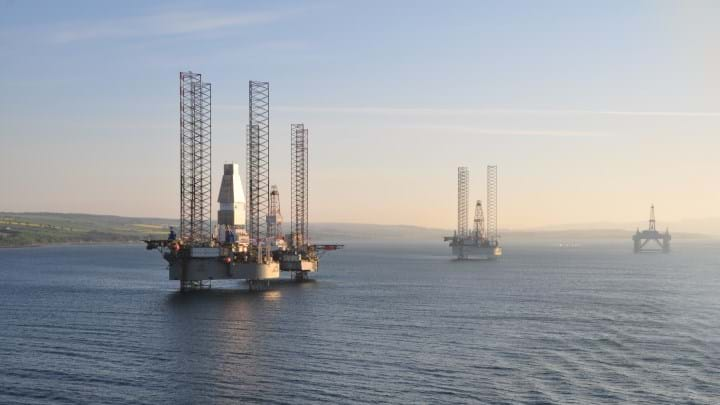UK Budget: Government to permit more North Sea drilling while rejecting calls to end windfall tax

OIL AND GAS drilling will continue in the North Sea under a new plan announced in the UK government’s budget, though the industry’s calls to scrap the windfall tax have been rejected.
The decision has attracted criticism from both sides of the energy debate, with environmental groups accusing the government of “backtracking” on its promise to end explorative drilling and industry leaders saying the ongoing use of the windfall tax will put thousands of jobs at risk.
Under the new North Sea Future Plan, the government will introduce Transitional Energy Certificates (TEC) that will allow companies to continue to drill for oil and gas at existing fields. The plan stresses that this drilling must not involve new exploration.
The government has also committed £20m (US$26m) to establish a North Sea Jobs Service, saying the approach will support workers and local communities.
Stuart Payne, CEO of the North Sea Transition Authority, said: “This plan provides clarity and direction for the energy industry, as well as for the North Sea Transition Authority as an organisation.
“We will work together with government and industry to ensure that we continue to drive forward the transition as an enabling regulator, delivering the next chapter for the North Sea and all who rely on it.”
Others have criticised the government's new decisions, saying that the North Sea support does not go far enough to save it from a downturn in productivity.
Sanjoy Sen, a committee member of IChemE's Oil, Gas, and Energy Transition Special Interest Group, said: "In reality, the budget potentially creates a raft of new uncertainties in terms of both drilling and taxation."
Future drilling
The government has faced pressure from oil and gas firms over restrictions on North Sea drilling, with concerns about the economic impact of halting major developments such as Rosebank and Jackdaw.
Although these projects were not referenced in the plan or the Budget speech, the relaxed drilling rules are widely seen as a signal that approvals may now be more likely.
The Scottish Greens said the announcement will have “devastating” implications for the people and planet.
Patrick Harvie MSP said: “There is no environmentally friendly way to expand drilling in our North Sea and it is utterly reckless for Labour to be backtracking like this.”
Sen explained: "Within the three conditions attached to a TEC award, complexities might yet arise. The first is clear enough: the recipient will not “(w)ill not undertake any exploration”. But the second states the TEC (“(i)s for a block of acreage which is part of, or adjacent to (linked by a tieback), an existing field”). Does this solely refer to infill wells in producing fields and the development of new, small fields via nearby existing infrastructure? Or, as opponents fear , could this create a loophole to facilitate major stalled opportunities, such as Rosebank?
"The third (“activity is necessary for a managed, prosperous and orderly transition”) might also be open to interpretation."
Windfall tax remains
The budget did make clear that the Energy Profits Levy, or windfall tax, will remain in place until March 2030. Introduced to help offset rising household bills during the energy price crisis, the tax targets profits gained from high oil and gas prices - which reached record highs in 2022, with oil prices exceeding US$100 per barrel.
Industry groups had urged the government to end the levy, warning it would deter investment needed to modernise the North Sea.
David Whitehouse, CEO of Offshore Energies UK, said: “The future of North Sea energy depends on investment, which won’t come without urgent reform of the windfall tax.
“If the levy stays in place beyond 2026, projects will stall and jobs will vanish, no matter how pragmatic licensing policy becomes. Fixing this outdated tax is the key to unlocking billions in investment across the UK’s entire energy mix.”
Sen warned of the repercussions the tax may have on the wider UK industry: "Refineries have closed and what remains of the steel industry is in a precarious state . Meanwhile, sky-high electricity prices are hitting manufacturing hard."
Recent Editions
Catch up on the latest news, views and jobs from The Chemical Engineer. Below are the four latest issues. View a wider selection of the archive from within the Magazine section of this site.




